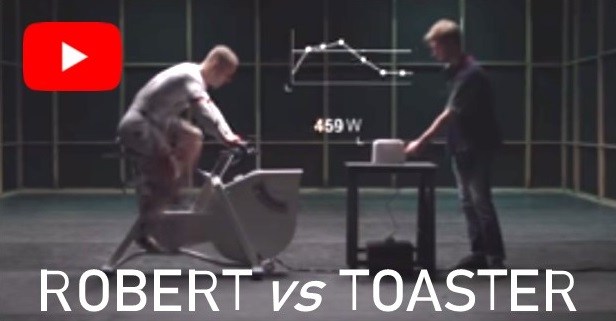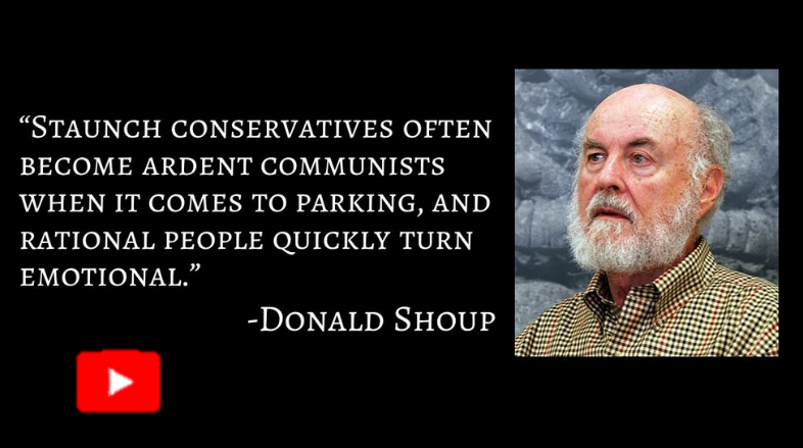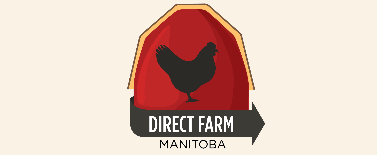2011-11-15 Voluntary Simplicity
 Tuesday, November 22, 2011 at 10:53AM
Tuesday, November 22, 2011 at 10:53AM I recently heard about a survey that found that those young adults who carry the most debt are also the one who feel most empowered with their finances. It is only as they get older that they realize that their debt does not empower them; rather it controls them. The above poll-based observation describes the average Canadian! The average Canadian owes $1.50 for every $1.00 he owns and does not realize how much he is controlled by his debt.
It seems bizarre, but I can understand why we feel that sense of empowerment. When we buy something, we experience the power of money – the power to get what we want. If we buy something with cash, that feeling goes away once the money is gone and the novelty of the purchase wears off; but with credit, we carry a constant power source in our wallets, with a power that doesn't really wear off until we go bankrupt.
However, that feeling of power is just that: a feeling, an illusion – not reality. In the ancient world, prisons were used primarily to house people who couldn't pay their debts. We may not be in prison because of our debts; nevertheless, our debts control us as if we were. Our grandparents didn't carry so much debt. So why do we?
You may have heard of something called "Voluntary Simplicity.” Depending on whom you heard it from; you may believe that it is a growing movement of self-sufficiency and non-compliance to corporate powers. On the other hand, you may consider it a hippy stunt that would have us all poor and living in communes. Voluntary Simplicity has to do with being frugal, making things rather than buying them, and making do with less – and depending on your perspective, that could sound like heaven, or even hell.
Let me suggest another way altogether of looking at this concept of Voluntary Simplicity, a way we all be able to relate to: voluntary simplicity is about financial freedom in a world full of debt. It's about knowing the true value of things, and refusing to pay more – or less – than something is worth. It's about re-learning the skills that make our heritage so rich, and sharing our knowledge and support with our communities. It's about knowing that spending money only gives you a feeling of power, whereas the real power lies in deciding not to spend money on things you don't need. It's about knowing that, as Scotiabank regularly reminds us, "you're richer than you think" – because real wealth is not defined by our credit limits.
We invite you to join us in thinking about voluntary simplicity and simpler living. Val Hiebert, Assistant Professor of Sociology at Providence University College will share her insights as she addresses the South Eastman Transition Initiative at the Eastman Education Centre, Loewen Blvd, next Thursday, November 24th at 7:00 pm.
-- Jeff Wheeldon



Reader Comments